Origins
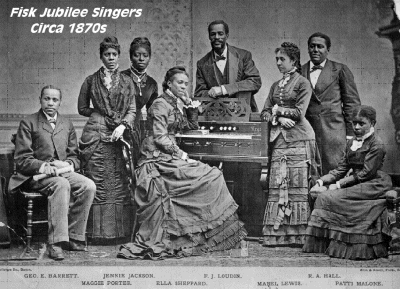
The Tuskegee Quartet was formed in July 1881 after the creation of the Tuskegee Institute. The main purpose of the quartet was to perform jubilee spirituals during fund-raising campaigns. The quartet consisted of leader Robert H. Hamilton, Hiram H. Thweatt, John F. McLeMore, and Warren Logan. Quartets rose to prominence after the creation of arranged negro spirituals.
Characteristics
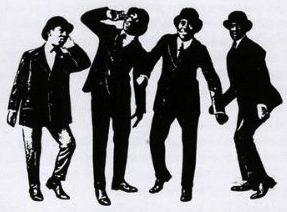
Two main characteristics of jubilee quartets are acapella and four part harmony. By definition, acapella is “is specifically group or solo singing without instrumental accompaniment”. Essentially, the groups voices are the instruments. This style of music was essential for blacks due to the lack of instruments they were given during slavery.
Four part harmony “refers to music written for four voices or for some other musical medium—four musical instruments or a single keyboard instrument”. In Jubilee quartets such as the Tuskegee Institute, there is a lead baritone, bass, first tenor, and second tenor.
Social Implications
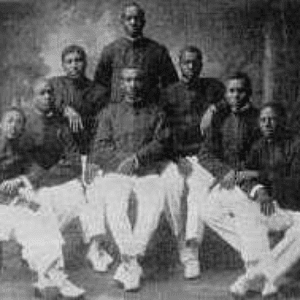
In terms of social implications, jubilee quartets began to re-popularize slave songs prior to the civil war. In addition, they added new elements that fit the current time period. Some of these elements include acapella and four part harmony.
Commodification
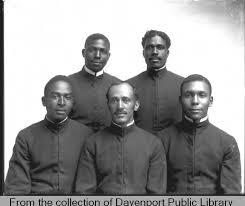
In terms of commodification, jubilee quartets such as the Tuskegee Quartet began to receive payment due to radio broadcasting and touring. In addition, as a result of successful tours, institutions began to receive more sources of funding. However, this abundance of commodification would not be possible without the creation of the Fisk Jubilee Quartet.
Influences
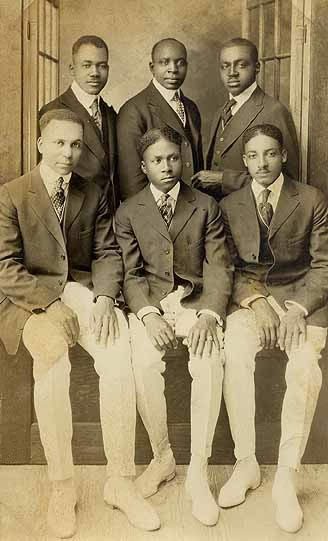
The Tuskegee Institute Quartet and various other jubilee quartets had a very strong influence on today’s gospel music. In fact, Gospel is essentially a religious jubilee quartet. In addition, both genres have similar beats and harmonies.
Summary
In conclusion, as a result of the Fisk Jubilee Quartet, the Tuskegee Institute Quartet was able to continue re-popularizing slave songs in a professional arrangement. In addition, they allowed institutions to receive increased funding.

